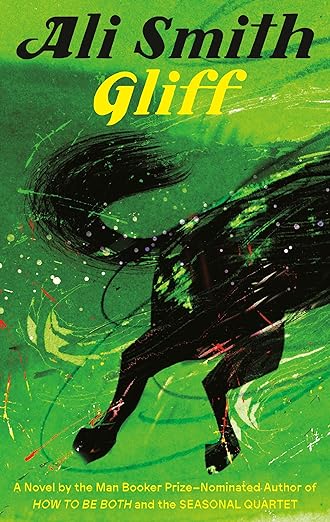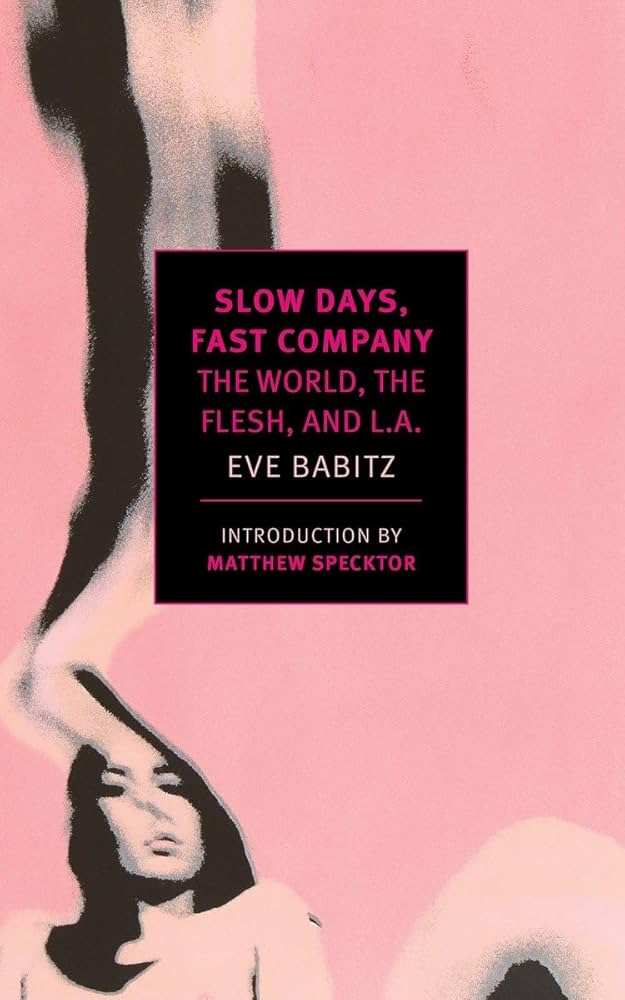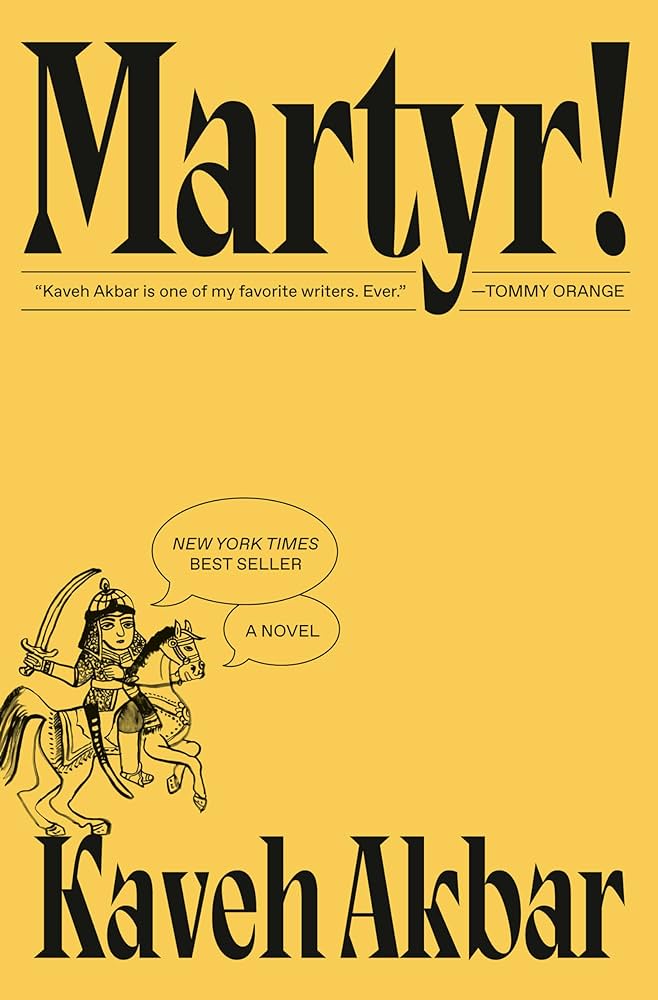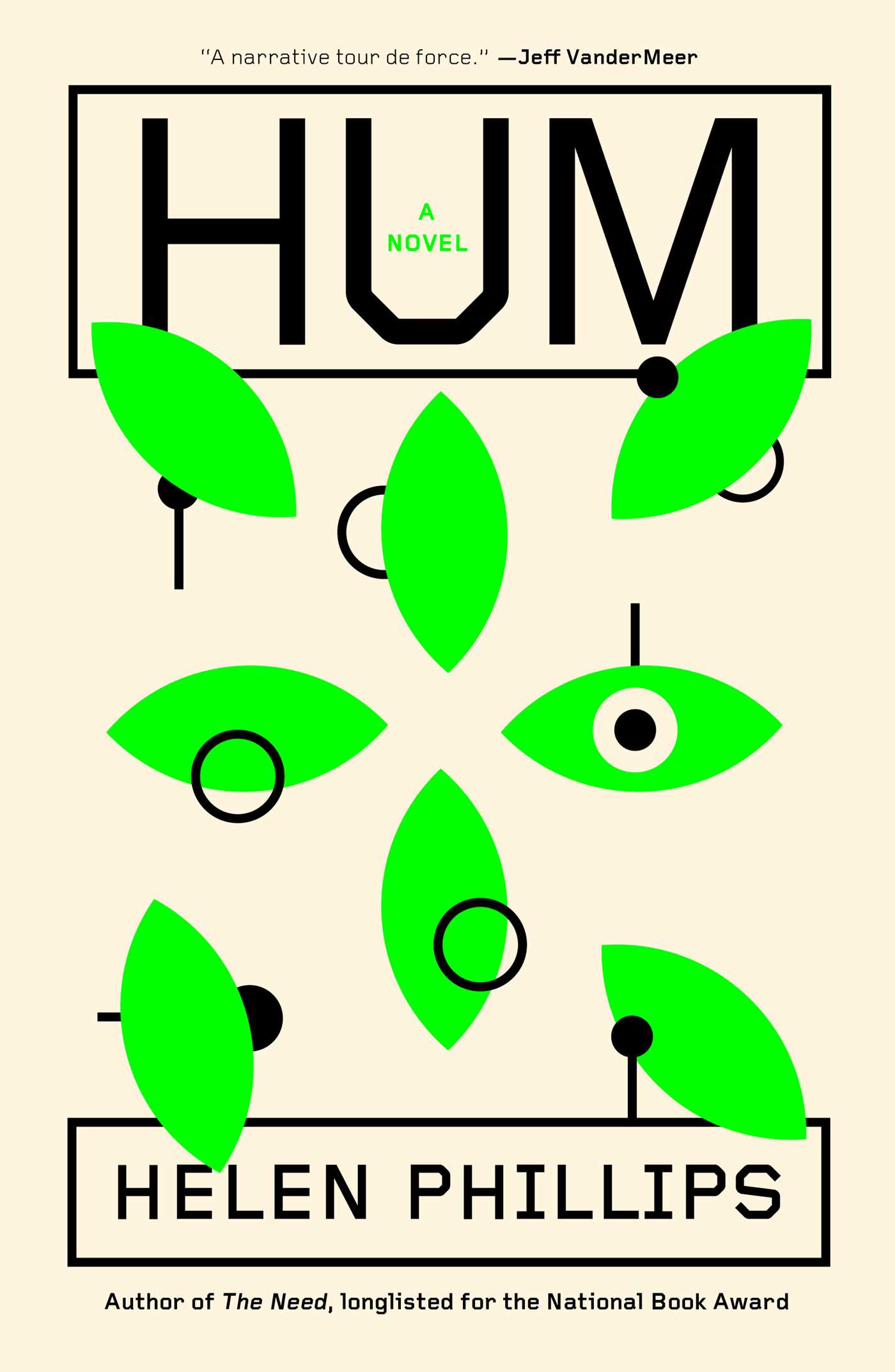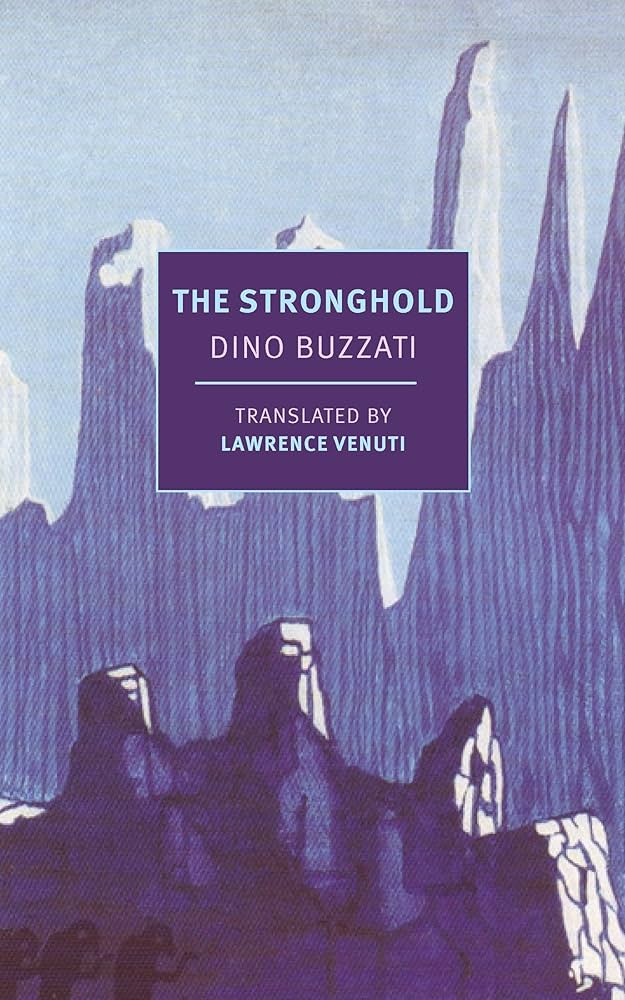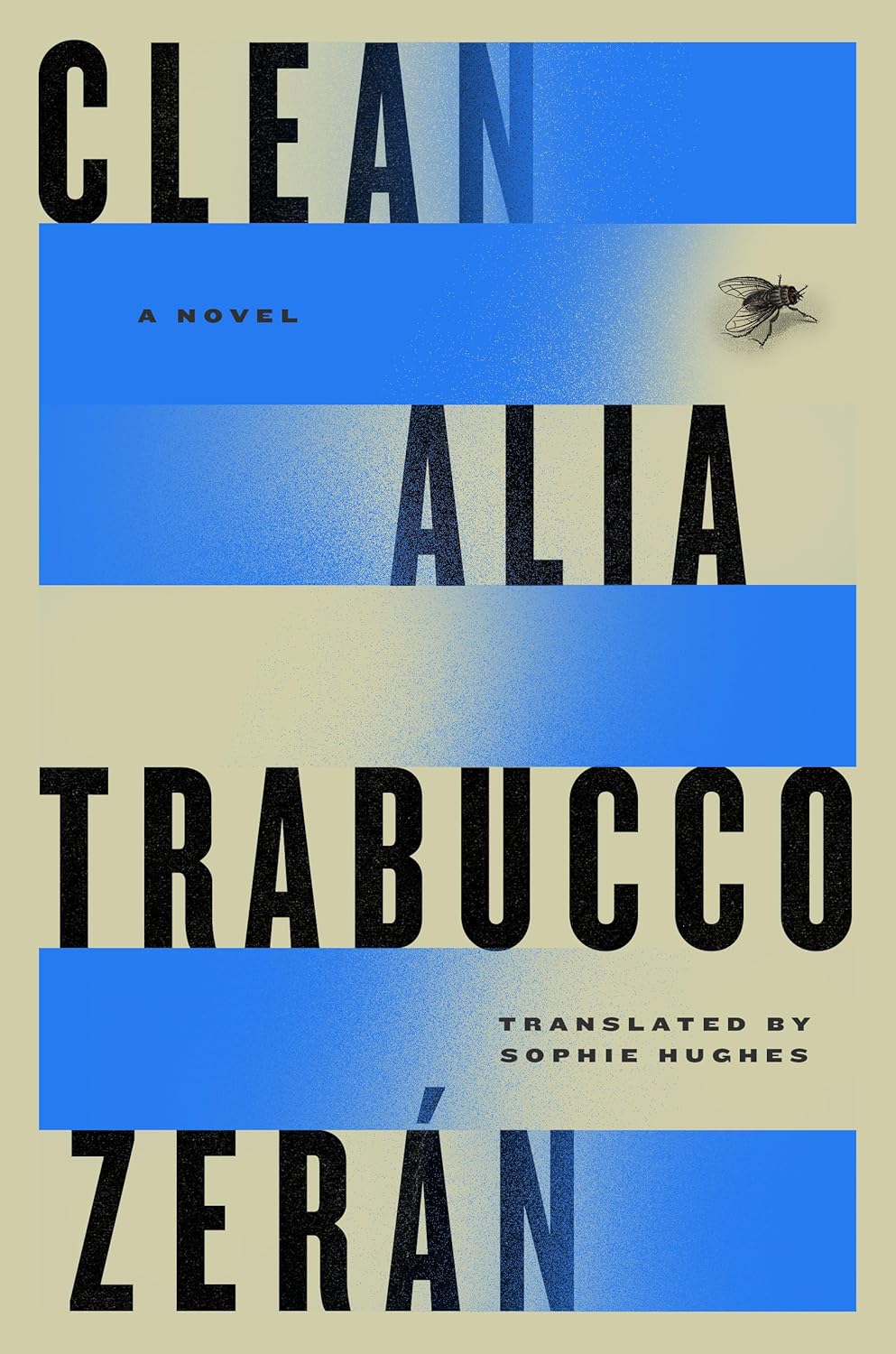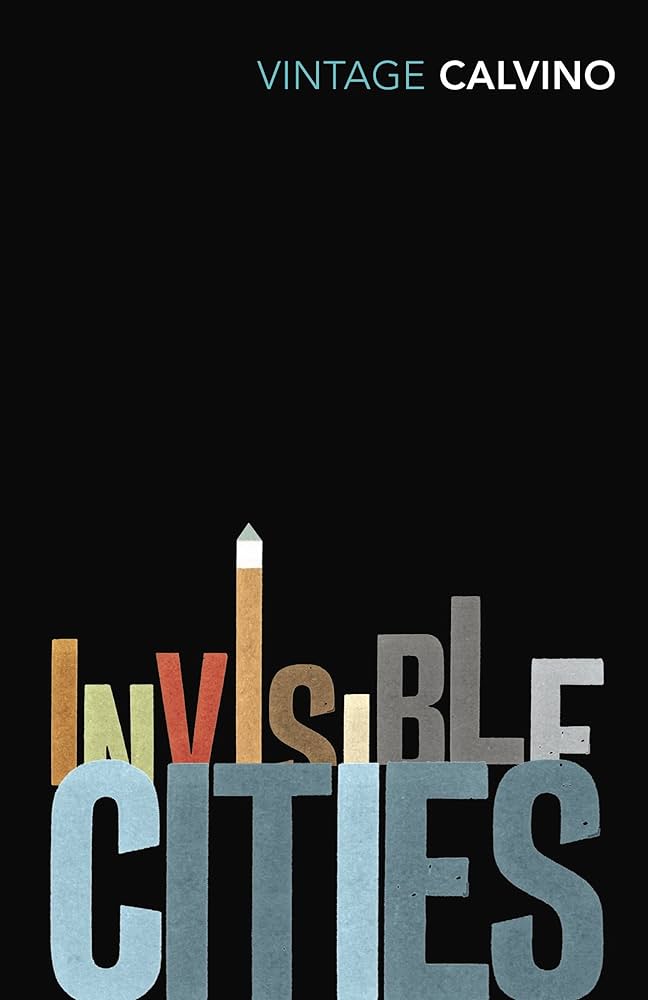This one just didn’t do it for me. Ali Smith’s latest novel, Gliff, aspires to weave a dystopian narrative through her signature experimental style. However, the execution falls short, resulting in a work that prioritizes style over substance.
Set in a near-future pseudo-Britain under authoritarian rule, the story follows siblings Briar and Rose as they navigate a society obsessed with surveillance and classification. While the premise holds promise, the novel’s world-building is disappointingly superficial. The dystopian elements feel derivative, echoing familiar tropes without offering fresh insights.
Character development is another significant weakness. Briar and Rose, ostensibly the emotional core of the story, come across as flat and unconvincing. Their dialogue and inner monologues often serve as mere vehicles for Smith’s wordplay, sacrificing authenticity and relatability.
On top of all of that, the novel’s pacing is uneven, with significant time jumps and underexplored plot points that leave the reader disoriented. The narrative skips over years without adequate explanation, resulting in a disjointed and unsatisfying reading experience.
While Smith’s linguistic dexterity and inventive use of language are evident throughout Gliff, these qualities alone don’t make up for the shortcomings in plot and character development. The result is a work that feels more like an intellectual exercise than an engaging narrative.
I know that Smith is a renowned and respected writer, but based on Gliff, I don’t know if she’s for me. Gliff exemplifies the pitfalls of prioritizing style over substance. Despite its ambitious themes and experimental approach, the novel didn’t deliver a compelling story.

